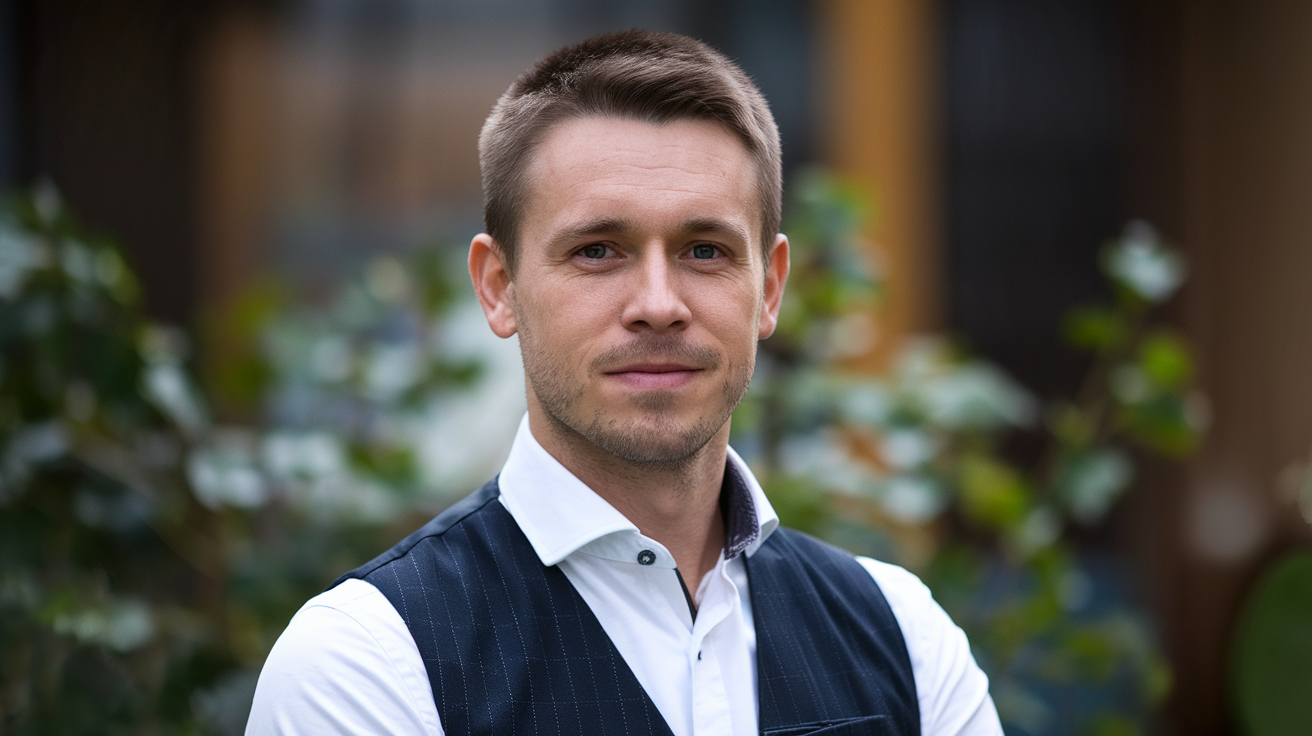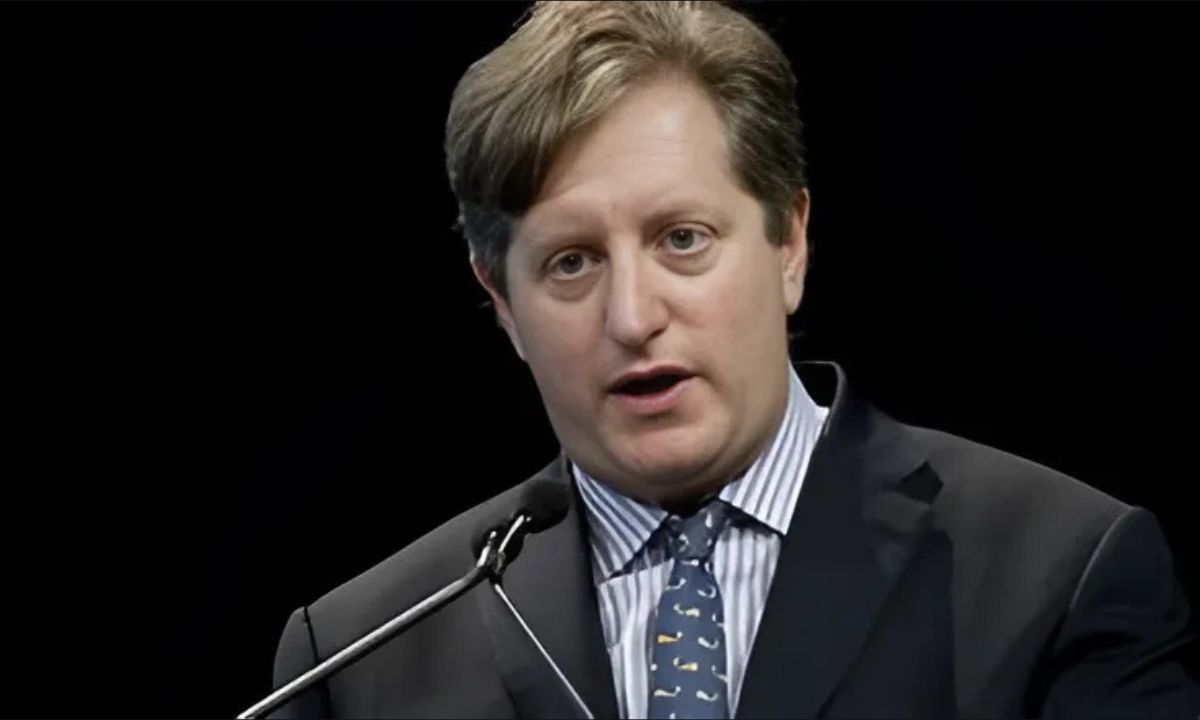The Big Short is not just a film; it’s a powerful commentary on the financial crisis of 2008. One of its most compelling characters is Mark Baum, portrayed by Steve Carell. But who exactly is Mark Baum from The Big Short?
This article delves deep into his character, the real-life figure he represents, and the broader implications of his story in understanding the economic collapse that shocked the world.
The Big Short: A Quick Recap
The Big Short takes viewers through the intricate web of the financial market leading up to the 2008 economic crisis. The film adaptation, based on Michael Lewis’s bestselling book, follows several key players who foresaw the impending collapse of the housing market.
It explores the concept of collateralized debt obligations (CDOs), subprime mortgages, and the reckless behavior of Wall Street, which ultimately led to a global financial meltdown.
The storyline weaves together real-life characters and events, illustrating the complexities of financial instruments and the consequences of systemic failures in the economic system. Through a mix of dark humor and stark realism,
The Big Short emphasizes the need for accountability and the critical role of financial regulations.
Is Mark Baum Based on a Real Person?
Yes, Mark Baum is based on a real individual: Steve Eisman, a hedge fund manager known for his bold predictions during the financial crisis. The character, played by Carell, embodies Eisman’s skepticism and critical thinking, particularly regarding the housing bubble and the financial predictions that shaped his investment strategies.
Eisman’s role as a hedge fund manager put him in a unique position to analyze the risks in the financial system, allowing him to make predictions that many overlooked. His character in the film symbolizes the voice of reason amid the chaos of Wall Street, advocating for the need to understand the intricacies of the financial market.
Who is the Real Mark Baum? Steve Eisman’s Background
Steve Eisman rose to prominence in the financial services industry as an analyst for Oppenheimer & Co. He became well-known for his market analysis, especially concerning subprime mortgages. Eisman’s critical approach to evaluating financial products helped him identify weaknesses in the housing market long before the crisis hit.
Here’s a brief overview of Steve Eisman’s background:
| Aspect | Details |
| Education | Bachelor’s degree from Wesleyan University and a law degree from the Benjamin N. Cardozo School of Law. |
| Career | Worked at Oppenheimer & Co. as a financial analyst and later as a portfolio manager at FrontPoint Partners. |
| Key Traits | Critical thinker, skeptical of Wall Street practices, and known for his analytical prowess. |
| Impact | His insights into the housing bubble allowed him to profit from shorting CDOs during the financial crisis. |
What Was Mark Baum’s Role in The Big Short?
In The Big Short, Mark Baum’s role is pivotal. As a hedge fund manager, he spearheads a team that investigates the housing market’s fragility. Through risk assessment and rigorous market analysis, Baum and his team uncover the impending crisis. His character embodies the frustration and disbelief of those who understood the potential for disaster but found themselves at odds with a system that seemed oblivious to the impending collapse.
Baum’s journey reflects the importance of ethical considerations in finance, as he grapples with the moral implications of profiting from a market downturn. His character serves as a reminder of the critical thinking needed in evaluating financial instruments and the broader economic landscape.
Steve Eisman’s Crucial Predictions
Steve Eisman’s predictions leading up to the financial crisis were nothing short of prophetic. He recognized the signs of a housing bubble, understanding that many homeowners were acquiring loans they could not afford. Eisman’s insights into subprime loans and the packaging of these loans into CDOs were key factors in his strategy to short the market.
Here are some crucial predictions Eisman made:
- Widespread Defaults: He forecasted that the rise in subprime mortgages would lead to massive defaults.
- Market Collapse: Eisman predicted that as defaults increased, the entire housing market would collapse.
- Financial Instruments Failure: He believed that the complex financial products designed to mitigate risk were, in fact, amplifying it.
How Accurate is Steve Carell’s Portrayal of Steve Eisman?
Steve Carell’s portrayal of Mark Baum has garnered attention for its authenticity. Critics have noted the accuracy of the representation, highlighting Carell’s ability to capture Eisman’s essence—his frustration with the system and his determination to unveil the truth.
However, while Carell effectively portrays many of Eisman’s personality traits, the dramatization simplifies some of the complexities of Eisman’s real-life character. The film highlights Baum’s emotional reactions and ethical dilemmas, which may not fully encapsulate the nuanced, analytical nature of the real Steve Eisman.
The Aftermath: What Has Steve Eisman Done Since The Big Short?
After the events depicted in The Big Short, Steve Eisman continued to make waves in the finance world. He shifted gears and started managing his own investment firm, Eisman Enterprises. His expertise remained valuable as he provided insights into various market sectors, including technology and healthcare.
Key developments in Eisman’s career post-crisis include:
- Industry Commentary: Eisman became a sought-after commentator on financial markets, providing insights into economic trends.
- Investment Ventures: He made significant investments in various sectors, adapting to changing market conditions.
- Advocacy for Financial Regulation: Eisman has spoken out about the need for stronger financial regulations to prevent future crises.
How Much Did Mark Baum (Steve Eisman) Make from The Big Short?
Mark Baum, through the character of Steve Eisman, made substantial profits from his foresight during the financial crisis. By shorting the market and betting against the housing bubble, he capitalized on the subprime mortgage collapse.
Though exact figures are often hard to come by, reports suggest that Baum (Eisman) made hundreds of millions during this period. His success became a case study in investment strategy, demonstrating the potential of thorough market analysis and the importance of understanding systemic risks.
What Happened to Mark (Steve Eisman) After The Big Short?
Following the crisis and the release of The Big Short, Steve Eisman’s public profile rose significantly. He became a symbol of critical thinking in finance, embodying the idea that questioning the status quo can lead to success.
Eisman’s life after the film included:
- Increased media presence and interviews, where he shared his insights on the economy.
- Continued success in investment management, leveraging his reputation to attract clients.
- Active involvement in discussions about financial ethics and the need for reform.
The Legacy of Mark Baum and Steve Eisman
The legacy of Mark Baum—and by extension, Steve Eisman—goes beyond mere financial success. It serves as a cautionary tale about the importance of critical thinking and the need to scrutinize the financial history of market practices.
Eisman’s story has had a lasting impact, illustrating the significance of understanding market fluctuations and the risks associated with complex financial products. His insights remain relevant, reminding investors to prioritize ethical considerations and the moral implications of their financial decisions.
Conclusion
Mark Baum from The Big Short represents much more than a character in a film. He embodies the struggles of those who dared to challenge the norms of Wall Street and the realities of the financial crisis. Through his story and that of Steve Eisman, we gain invaluable insights into the complexities of the financial market and the importance of vigilance and ethical considerations.
The film serves as a reminder that the financial landscape is ever-evolving, and understanding the dynamics at play is crucial for both investors and the general public. By learning from the past, we can foster a more informed and responsible approach to finance, ensuring that the mistakes of the 2008 crisis are never repeated.









